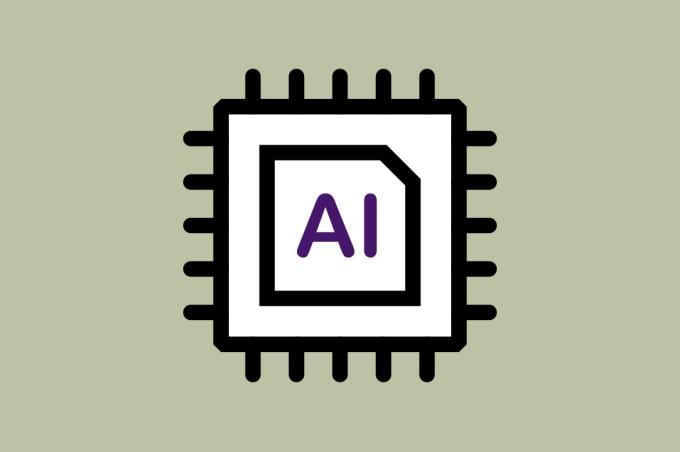What’s the news: Enforcement of federal information-blocking rules is underway and could result in fines of up to $1 million for health IT developers, health information exchanges and health information networks for every violation. This includes instances in which these entities are blocking information unnecessarily or using legal or financial roadblocks to prevent access to patients’ medical records.
The AMA is asking for clarification on steps that a physician should consider if their EHR’s developer is subject to an information-blocking fine, which the government refers to as civil money penalties. For example, more information is needed so physicians can understand the potential ramifications of meeting Centers for Medicare & Medicaid Services (CMS) program requirements if their EHR developer is fined and the federal government decertifies the EHR.
Meanwhile, the AMA is awaiting the government’s proposed regulations that would apply to physicians and other health professionals who are deemed information blockers. The Office of the National Coordinator for Health Information Technology (ONC) and the Department of Health and Human Services Office of Inspector General (OIG) are working on this separate regulatory process and the ONC is expected to publish a proposed regulation this fall.
Why it’s important: Physicians and hospitals are not subject to the information-blocking fines that went into effect Sept. 1 unless they could also be considered a health IT developer, a health information exchange or health information network.
However, the OIG did include information that can be helpful to physicians as they evaluate their ongoing compliance with information-blocking rules. The AMA expects that the ONC and OIG will frame future regulation around several themes and will use them to guide physician information blocking investigations.
Among those themes, eight keys are:
- Intent matters. The OIG has said it will likely prioritize cases where an entity knew its practice was likely to interfere with, prevent or materially discourage the access, exchange or use of electronic health information.
- Enforcement priorities. The OIG will focus on, among other things, information blocking that: resulted in, is causing or had the potential to cause patient harm; significantly affected a physician or health professional’s ability to care for patients or caused financial loss to federal health care programs or other public or private entities.
- Volume matters. The OIG may evaluate and prioritize investigations based on the number of claims against an entity.
- Information can be referred to other agencies. The OIG may refer certain cases related to HIPAA to the HHS Office for Civil Rights. If an entity is out of compliance with CMS programmatic requirements, the OIG may refer the case to CMS.
- Six-year time limit. The OIG has six years to impose a fine from the date the alleged information blocking act was committed.
- Nothing retroactive before Sept. 1. Any information blocking conduct before Sept. 1 is not subject to fines.
- Appeals will be heard. This will happen through an administrative law judge.
- Self-disclosure is an option to lower penalties.
One key difference for physicians, hospitals and clinicians: the knowledge standard. Part of the 21st Century Cures Act is focused on efforts to stop information blocking. The standard for health IT developers, health-information exchanges and health-information networks is whether they know—or should have known—that a practice is likely to interfere with access, exchange or use of electronic health information.
For physicians, hospitals and other health professionals, the standard is a bit lower and focuses on whether they know that the practice is unreasonable and is likely to interfere with the access, exchange or use of electronic health information. This would require requisite knowledge.
Learn more: Explore the AMA’s concise summary (PDF) of what enforcement of information-blocking regulation means for physicians.
Also, read this expert, two-part explanation of the basics of information blocking (PDF), which helps physicians understand what information blocking is, when information can be withheld, and how physicians can comply with information-blocking regulations (PDF). The AMA has created a separate resource explaining what electronic health information is (PDF).
The AMA also has enhanced its resources on information blocking as part of its Patient Access Playbook.




